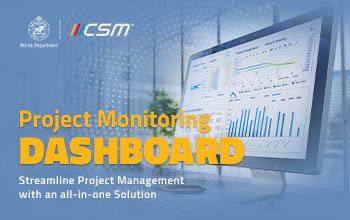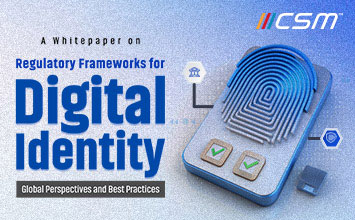Food security is a cornerstone of national stability, health, and economic growth, and Rwanda has made significant strides toward ensuring its citizens have access to safe, nutritious, and sufficient food. With a rapidly growing population and unique geographical challenges, Rwanda’s journey toward achieving food security has required innovative policies, community-driven solutions, and substantial investments in sustainable agriculture. This article explores Rwanda's comprehensive food security approach and the solutions shaping the nation's agricultural future.
The Importance of Food Security in Rwanda
Food security, defined by the availability, accessibility, utilization, and stability of food, is essential to Rwanda's development goals. As a primarily agricultural society, approximately 70% of Rwandans depend on farming for their livelihoods, making food security a social and economic priority. Moreover, a secure food supply is crucial for reducing poverty, ensuring community health, and building a resilient economy capable of withstanding environmental shocks.
Rwanda’s Food Security Challenges
.jpg)
Rwanda’s path to food security is shaped by several challenges, including:
High Population Density
Rwanda is one of the most densely populated countries in Africa. This density strains limited arable land and increases pressure on food production, making it difficult for many small-scale farmers to produce sufficient quantities for national consumption.
Climate Vulnerability
Rwanda’s hilly terrain and equatorial climate make it vulnerable to extreme weather, including droughts and heavy rains. These conditions impact crop yields, and as a result, food prices become more volatile, affecting food accessibility for vulnerable communities.
Soil Degradation
Soil erosion due to steep landscapes and unsustainable agricultural practices has reduced soil fertility, impacting farm productivity and leading to lower crop yields.
Limited Access to Modern Farming Techniques
Many farmers in Rwanda still rely on traditional farming methods and lack access to advanced agricultural tools, inputs, and training, which restricts their potential for higher crop yields and more efficient farming practices.
Critical Food Security Solutions in Rwanda
Rwanda has implemented multiple food security solutions and initiatives focused on sustainable agriculture, community empowerment, and agricultural innovation to address these challenges.
Access to Improved Agricultural Inputs and Training
.jpg)
Rwanda has implemented programs to improve farmers’ access to quality seeds, fertilizers, and agricultural training. Through partnerships with organizations like the International Fund for Agricultural Development (IFAD) and the World Bank, Rwanda has established distribution networks for subsidized inputs to be affordable for small-scale farmers. Training sessions on soil fertility, pest management, and post-harvest storage techniques also ensure farmers have the knowledge and resources to increase their productivity.
The government has also launched Twigire Muhinzi, a decentralized farmer-led extension service that connects farmers with information on crop health, market access, and climate-smart practices. These community-based trainers help bridge the knowledge gap, especially in rural areas, empowering farmers to make informed decisions.
Strengthening Food Reserves and Nutrition Programs
In addition to increasing production, Rwanda has invested in national food reserves and nutrition programs to enhance food availability and accessibility. The National Strategic Grain Reserve (NSGR) is designed to stabilize food supplies during periods of scarcity, reducing reliance on imports and maintaining affordability for Rwandans. Moreover, nutrition programs, including the One Cow per Poor Family (Girinka) program, aim to reduce malnutrition by providing vulnerable families with dairy cows. This initiative promotes better dietary diversity and improves food security at the household level.
.jpg)
A Collaborative Approach to Food Security
Rwanda’s success in food security is a testament to the government’s dedication, partnerships with international organizations like CSM Tech, and community involvement. Collaborative efforts between the government, local communities, and global institutions have enabled Rwanda to increase food production, combat climate vulnerabilities, and make strides toward eliminating hunger. The Product Procurement System implemented in Odisha is one of the critical components of the Agri Tech suite of products from CSM. It is built to work on the data captured through the Farmer Registration System and integrates into the Supply Chain Management System to provide an end-to-end solution for any agency, government department, or large food processing industry.
Conclusion
Rwanda’s journey toward food security highlights the importance of innovation, resilience, and community-focused solutions. By investing in sustainable agricultural practices, climate-smart solutions, and social programs that empower farmers, Rwanda is building a future where food security is within reach for all citizens. As these efforts continue to evolve, Rwanda is an inspiring example of how a nation can overcome its unique challenges to ensure a secure, sustainable, and prosperous food system for future generations.
























































We will verify and publish your comment soon.